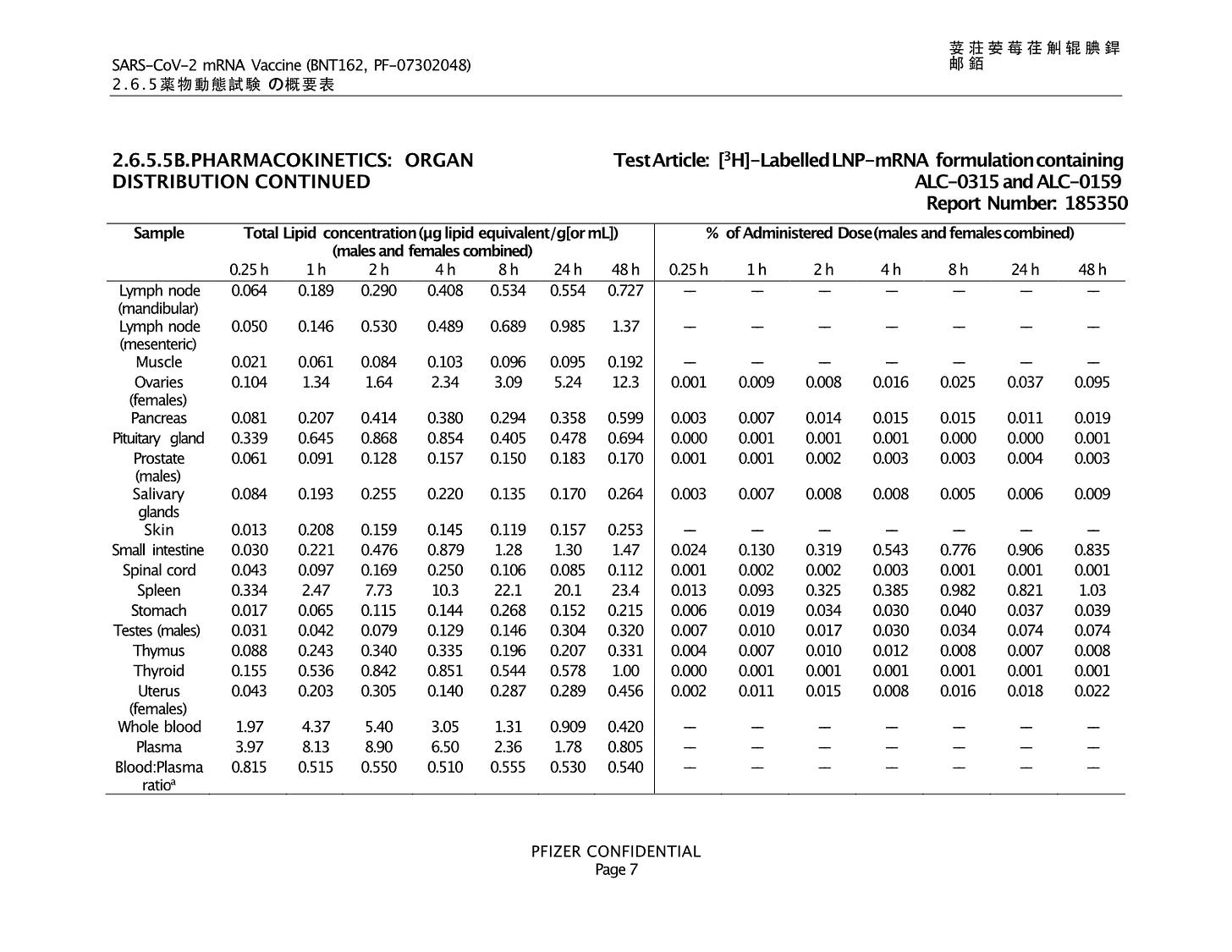
Given everything we know about the pandemic – that Covid is eminently treatable, the vaccines are neither safe nor effective, millions have been injured as a direct result – why is the vaccine roll-out being allowed to continue?
More to the point, why were vaccines even rolled out in the first place?
There are many theories, ranging from the sinister to the plain venal. One of these is that a global elite believes that the planet is overcrowded and has implemented the pandemic and associated vaccine roll-out as part of a depopulation agenda.
It sounds the stuff of movies, and yet there is a precedent. As Dr Andrew Wakefield’s poignant new documentary, Infertility: A Diabolical Agenda, explains, the World Health Organisation spent many years researching and developing vaccines that would render recipients infertile. This line of research came from concern that populations were increasing at an unsustainable rate – and as the documentary reveals, the WHO apparently saw fit to implement its infertility vaccines without the informed consent of the women and girls who received them.
If you haven’t already, please do watch the documentary and share with others so that we can start discussing these matters together and in the open.
Many concerns have been raised over the impact of Covid-19 vaccines on fertility. The original Pfizer biodistribution studies (English translation here) reveal that the lipid nanoparticle (LNP) used to encapsulate the mRNA does not remain at the injection site as stated, but travels to major organs including the spleen, liver, adrenal glands, the testes and the ovaries.

What is the impact of having toxic LNP accumulate in the reproductive organs? That’s the problem with inadequately tested medical interventions: we have no idea. However, data regarding reproductive health and fertility continue to mount.
Now, a new peer-reviewed study, accepted for publication in the journal Andrology, reveals the Covid-19 vaccines are harming male fertility.
In this study, researchers analysed samples from three sperm banks in Israel: they evaluated samples before vaccination which served as the baseline control, followed by samples taken periodically for about five months after donors received their second dose of the Pfizer vaccine.
About three months after the second Pfizer dose, sperm concentration had reduced by 15.4%. There was also a percentage change reduction of 22.1% in sperm motility. This is significant: both of these indicators would reduce the chance of sperm fertilising an egg.
Subsequent testing found that donors generally recovered (or so the authors state: the figures in the study indicate that levels were still lower than the pre-vaccination baseline).
However, as Dr Byram Bridle points out in his excellent post on this study, the authors had made an assumption that the donors would never need more than two shots to be fully vaccinated. In the paper they define ‘vaccine completion’ at seven days after the second shot. Since the study, those donors will have been offered a third shot, maybe even a fourth. No studies have been done looking into the consequences on male fertility beyond two vaccine doses. If a Covid-19 vaccination program involves being vaccinated every six months, as it does in many countries, what happens to male fertility then?
Again, we don’t know – there is no long-term fertility data. But it is clearly possible that sperm is adversely affected with each vaccination.
At this point, one has to wonder what it will take for regulatory bodies to halt the Covid-19 vaccination program worldwide. The WHO’s VigiAccess database holds a growing list of adverse events in relation to reproductive health and fertility, including 5,726 spontaneous abortions, 501 foetal deaths, 208 stillbirths, plus reports of testicular swelling, sexual dysfunction and many other conditions.
Emerging data also indicate significant declines in birth rates since the vaccine roll-outs. While correlation does not equal causation, the declines in combination with high numbers of miscarriages and stillbirths reported to pharmacovigilance databases, are enough to warrant investigation.
Why is the WHO not investigating this?
Whether you believe this is part of a conscious depopulation agenda, or the devastating side effect of untested vaccine technology, clearly the regulators and their big pharma paymasters feel that these alarming findings are not sufficient to halt the vaccine roll-out.
Again, why is that? Plenty of opportunity for speculation here, but I have a theory.
It seems to me that materialism as a paradigm drives this entire exercise. In this paradigm, humans are no more than passive consumers: a drain on this planet and its resources. If one takes this point of view, it is not much of a leap of logic to then surmise that perhaps it wouldn’t be such a bad thing if birth rates did decline.
This belief may not be conscious, but it would certainly contribute to the blatant lack of care about diminishing fertility. It is indicative of a worrying disregard for life itself, and a brutish diminishing of what it means to be human. This reductive perspective has infiltrated so much of our culture: we see it everywhere and it can infect our own thinking.
We need to call these regulators to account – but we also need to ensure we ourselves do not fall for the lie that humanity is nothing more than a scourge on this planet. Instead, we can remember who we are: creative, intelligent, inspired beings with the capacity to dream up brilliant solutions to complex problems, to care for our planet and each other.
Rather than passive consumers, we are active participants in the glorious web of life, and human fertility is to be treasured as the miracle that it is. If there is even the hint of a medical intervention damaging people’s fertility it must be halted. The vaccines must be halted. In the meantime, no more injections for healthy people. Until we can know they are completely safe, #NoMoreInjections.



